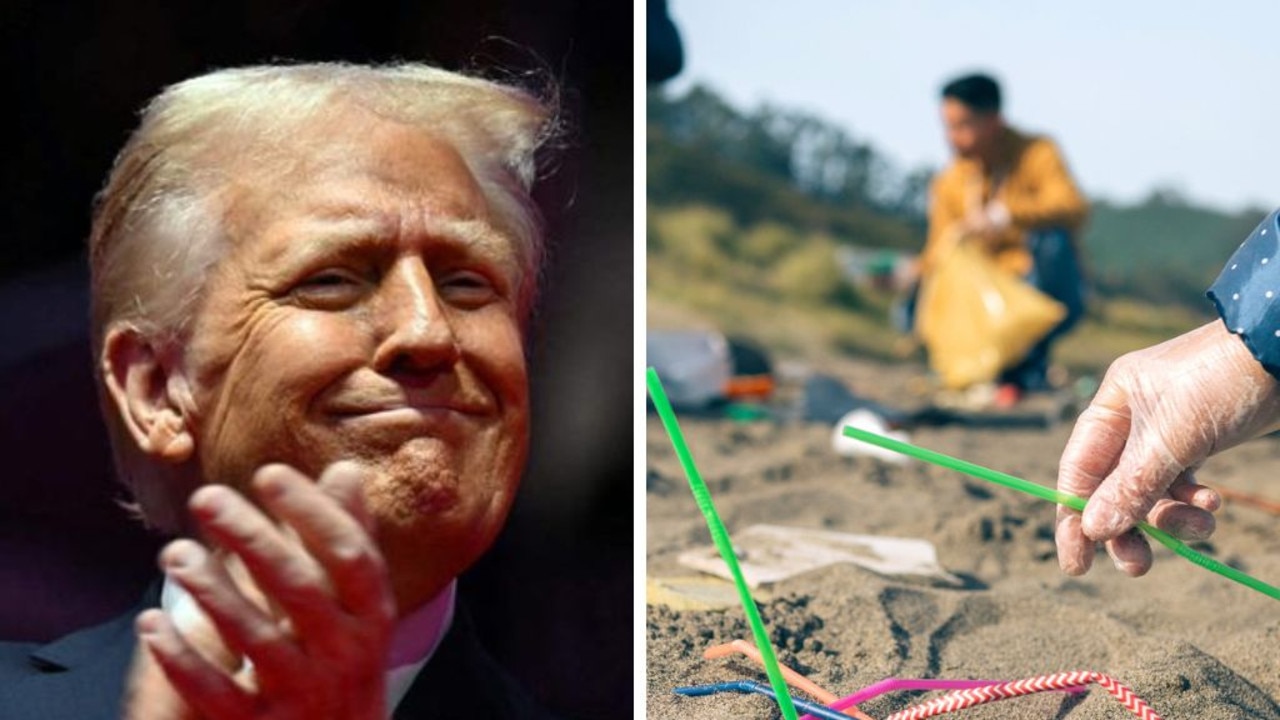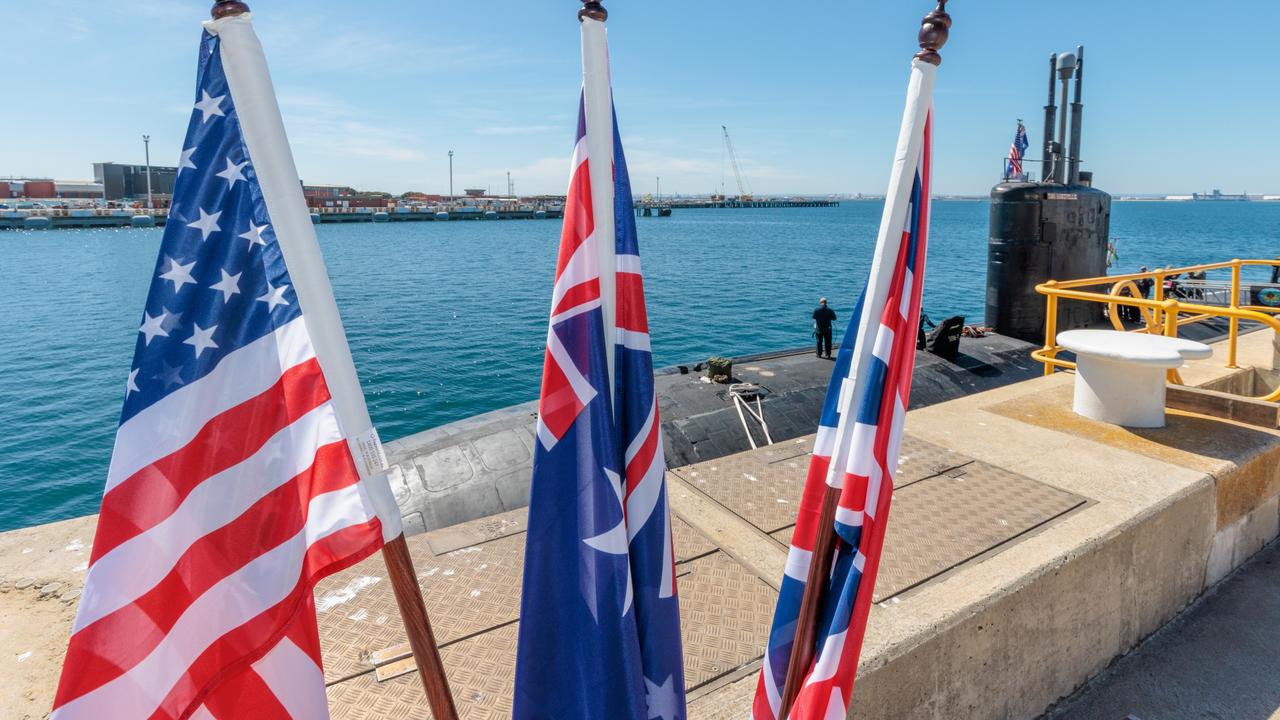Australian parents caught up in Greek surrogacy drama finally reunited with their babies
There has been a breakthrough for Aussie parents of surrogate babies held under police guard after the Greek clinic they were born in was shut down suddenly.
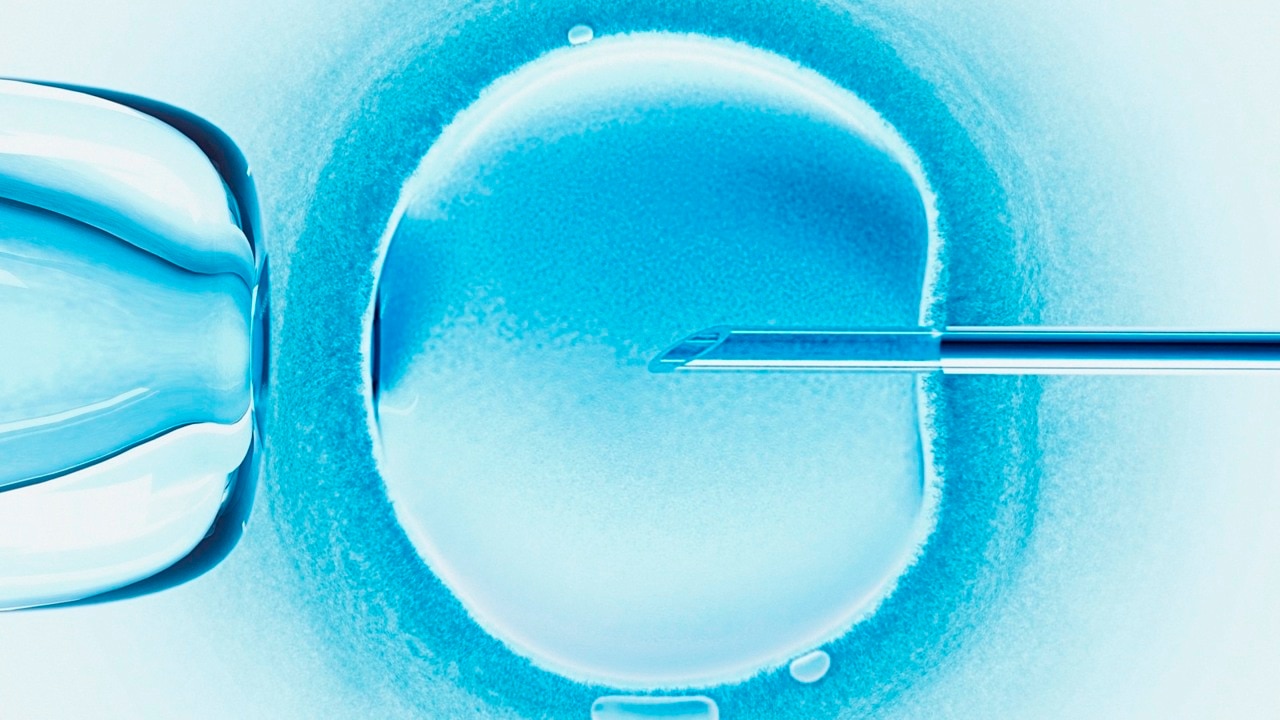
World
Don't miss out on the headlines from World. Followed categories will be added to My News.
A group of desperate Australian parents has been reunited with their surrogate babies in Greece, four months after the clinic they were using was accused of widespread human trafficking.
News Corp can confirm three couples and two single mothers brought five babies home from a hospital, on the island of Crete, after securing their Australian citizenship.
The babies had been held under police guard since August at the General Hospital St. George in Chania, where they were moved after the long-running Mediterranean Fertility Institute (MFI) was raided and shut down amid accusations of human trafficking and fraud.
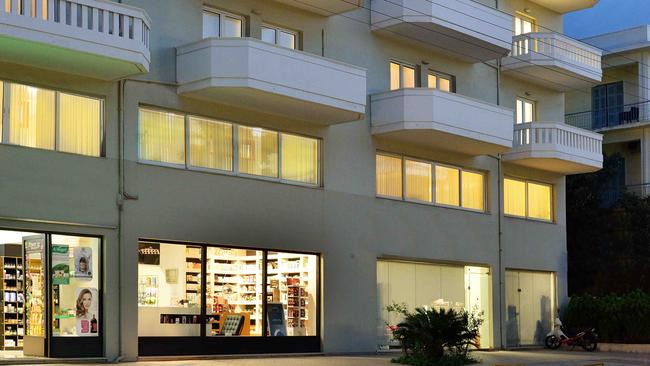
The raids left more than 60 Australian families in limbo at various stages of the surrogacy process, fearing their embryos had gone missing or the electricity used to refrigerate them had been switched off.
An embryologist has now been employed at the hospital to carry out DNA tests on the remaining sperm, embryos and eggs.
“It is a blessed relief for the five families after a nightmare; these are innocent victims and, for people who are infertile, nothing could be worse than their dream of a family turned into a mirage,” family and fertility law specialist Stephen Page said.
“To have their child now in their arms must come as an indescribable feeling of lightness.”
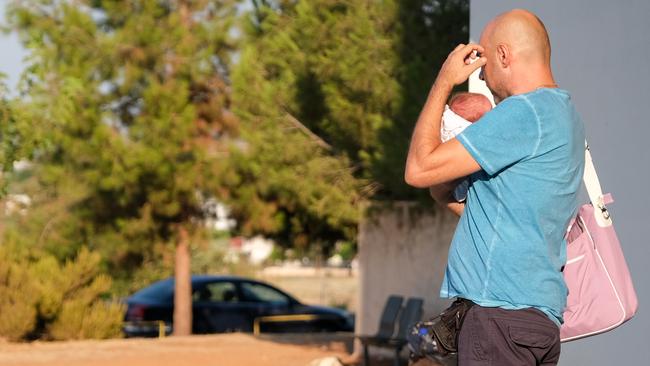
Mr Page, who is based in Brisbane, is representing three other couples vying to obtain their embryos.
“Quite a few Australians turned to the Greek clinic after (the start of) Ukraine war.
Ukraine was the number one destination for surrogacy as it was more relaxed about surrogacy laws, and a lot are still distressed and struggling to get access to their genetic material now stored at the hospital.
“The problem is things happen very slowly in Greece.”
Founder of not-for-profit Growing Families, Sam Everingham, said the situation was “gut wrenching” for the 35 Australian couples and five single women he is separately representing.
Seven have ongoing pregnancies, and 40 have embryos and other genetic material stored at the clinic.
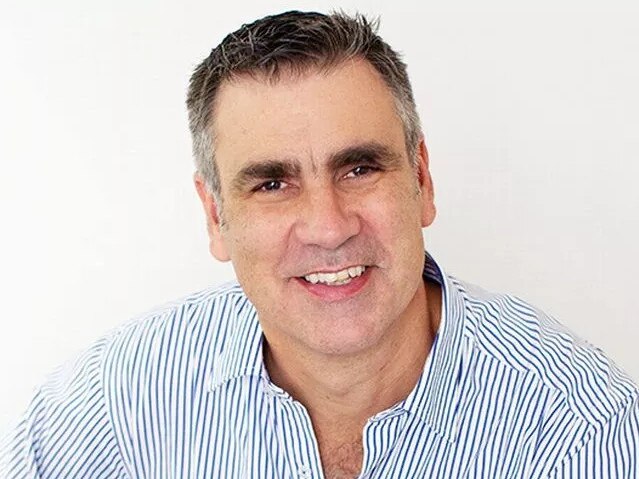
Many couples have been replying on Facebook and intermediaries in Crete for information.
“It’s really frustrating trying to ascertain what is happening out there, no one returns your calls or emails,” Mr Everingham said.
MFI’s founding member and seven staff have been charged with human trafficking, illegal adoption, purchase and sale of genetic material and falsification of medical file data for the purpose of selling genetic material.
They are also accused of forgery, false medical certificates, fictitious marriages and fraud.
Hellenic police allege 169 women from countries including Ukraine, Romania and Georgia were forced to be surrogate mothers or egg donors — and the clinic kept them under surveillance.
These women were targeted by middlemen being paid a commission of €5000 ($A8232) per sign up.
A further 400 cases of fraud and personal injury through IVF procedures are being investigated.
Until recently, only two Australian families had been allowed to access their children born following the scandal, after DNA testing confirmed they had a genetic relationship to the child.
But for many intended parents, the nature of surrogacy means there is no such connection.




